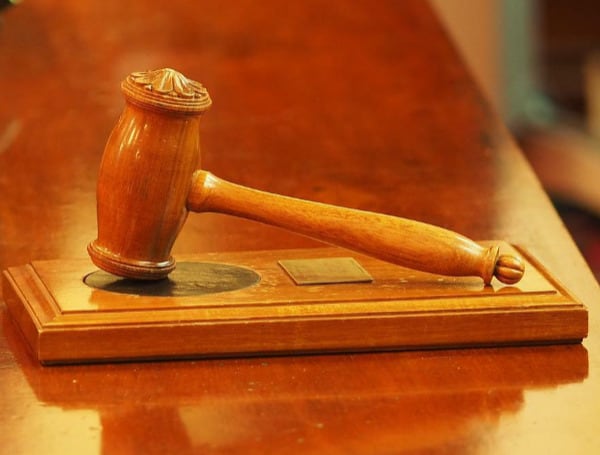A legal battle is heating up over the removal of books from Florida school libraries, with major publishing companies and authors arguing that a state law restricting certain materials violates First Amendment rights.
The lawsuit, filed in August in federal court in Orlando, challenges a 2023 Florida law (HB 1069) that aims to prevent the availability of “pornographic” or sexually explicit material in school libraries. Publishers and authors argue that the law is overly broad and has led to the removal of hundreds of books based on their content, not their educational value.
READ: Florida Sen. Scott’s FISHES Act, To Expedite Fishery Disaster Relief, Passes Senate
In a recent court filing, attorneys for the plaintiffs, which include Penguin Random House, Hachette Book Group, and several renowned authors, disputed the state’s claim that the selection of library books constitutes “government speech” and is therefore not protected by the First Amendment.
They argue that school libraries have traditionally served as platforms for diverse viewpoints and ideas, not as mouthpieces for the government. Furthermore, they point to numerous court rulings that have upheld First Amendment rights within libraries.
“The challenged statutory provisions impose a statewide mandate from Florida legislators to librarians, educators, and school districts that has resulted in the removal of hundreds of books,” the plaintiffs’ attorneys wrote.
READ: KULR Technology Group Invests $21 Million In Bitcoin As Part Of Treasury Strategy
The lawsuit cites examples of removed books, including acclaimed works like “The Bluest Eye” by Toni Morrison and “Love in the Time of Cholera” by Gabriel Garcia Marquez.
The state, however, maintains that it has the authority to regulate materials in school libraries and that the law does not violate the First Amendment. They argue that students can access these books elsewhere and that the state is not obligated to provide access to specific materials in school libraries.
This case highlights the ongoing debate over censorship and the role of schools in providing access to information and diverse perspectives. The outcome of this lawsuit could have significant implications for the freedom of expression and access to information in educational settings.
The case is currently before U.S. District Judge Carlos Mendoza.
Please make a small donation to the Tampa Free Press to help sustain independent journalism. Your contribution enables us to continue delivering high-quality, local, and national news coverage.
Connect with us: Follow the Tampa Free Press on Facebook and Twitter for breaking news and updates.
Sign up: Subscribe to our free newsletter for a curated selection of top stories delivered straight to your inbox.
